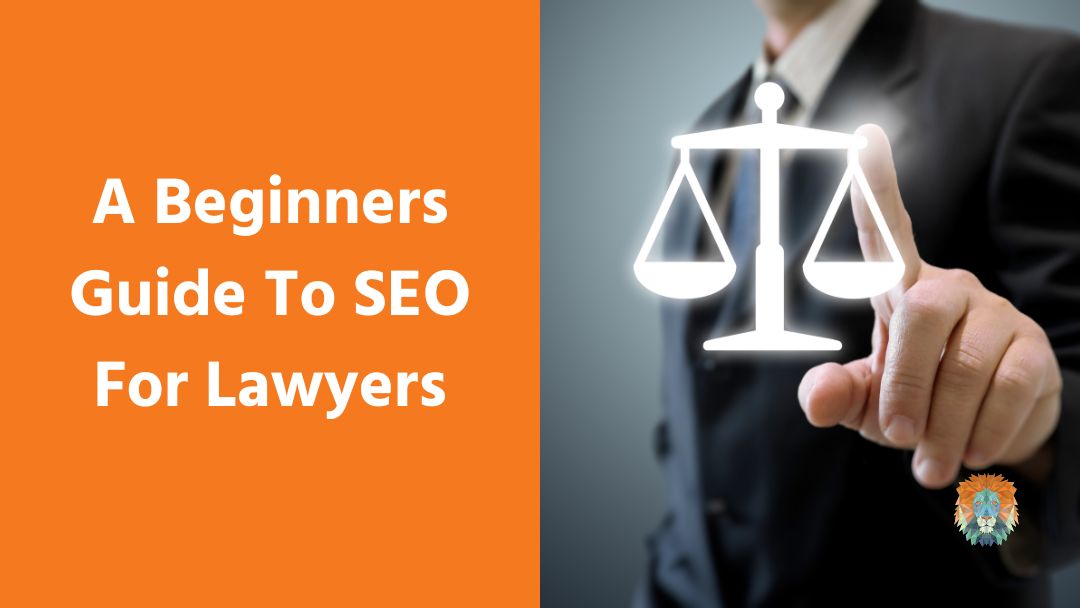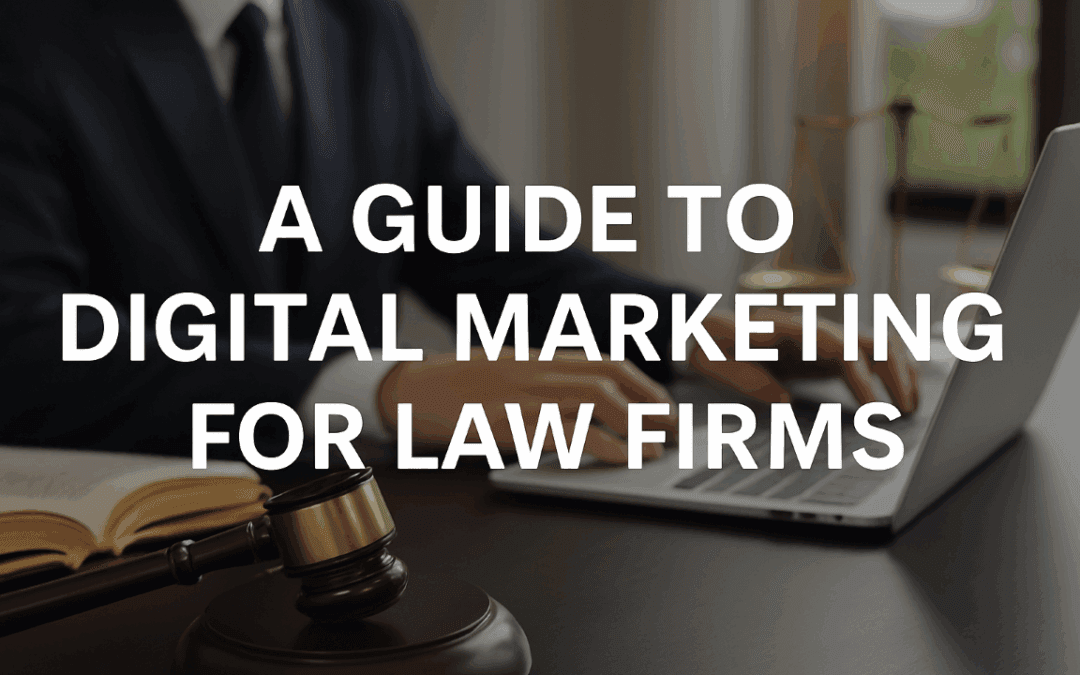In today’s digitally connected world, any business that wants to succeed needs to be online. More than that, they need to be able to compete with other businesses and reach the first page of Google, where 91.5% of people will click to find what they’re looking for. This is especially true for law firms since over 1/3 of potential clients start their search for a lawn firm online. To achieve this, you need to understand what SEO is, how it works, and how to use it effectively for your business. That’s a lot of information! But today, we’re going to give you a crash course in SEO for lawyers.
Keyword Research
When it comes to being found online, keywords are the first place to start. But for lawyers and law firms, we recommend a slightly different tactic. While broad keywords like ‘lawyer’ or ‘law firm’ might seem like the obvious choice (and they should be included), you’re probably not going to see a lot of success with them. They’re just too competitive, and too many other businesses will be vying for the top spot for those terms.
Instead, your best bet is to use long-tail keywords known as key phrases. These keywords are much more specific and contain longer search terms, which means you’re more likely to be found for those words. For example, a few long-tail keywords your law firm could use include:
- Divorce lawyer in [location name]
- Conveyancing solicitor for commercial properties
- Employment lawyer for wrongful termination
- Family lawyer for child custody
And that’s just a few! By targeting long-tail keywords in your copy and ads, you can attract potential clients who are looking for exactly what you offer.
Content Optimisation
Content is King when it comes to SEO, so whatever your approach, you should be creating new content regularly for your website. You should also be optimising your content for search engines. There are two ways you can do this:
- Include your chosen keywords in your content. Ideally, you want to have around a 1-2% keyword density, which factors in around 1-2 keywords for every 100 words of copy.
- Creating content that matches the user’s search intent. This means understanding what it is your customers are looking for (which does involve some research) and providing content that meets that need. You also need to provide value to users, which will establish you as an authority and improve your search rankings.
Link Building
Building authoritative backlinks is a crucial aspect of SEO for all lawyers. Backlinks are links from other websites that lead back to your website. Google has been using these for years to determine whether a website provides useful information. Backlinks are a key ranking factor, and when search engines see that your website has links from other authoritative websites, they decide that it’s valuable content and deserves to rank higher in search results.
There are a couple of different ways you can build backlinks, including:
- Creating useful, informative content that readers want to share
- Engaging online with legal communities and contributing valuable insights
- List your business in a variety of directories and listings
- Collaborate or guest blog with other legal websites
Technical SEO
This is the ‘hidden’ aspect of SEO that many people don’t think about. Unlike everything we’ve discussed, which is public-facing, technical SEO is all in the back end of your website. You may need to hire an SEO expert to help you with this, as It’s often a lot of small things that make a big difference to the success of your SEO efforts. For example, technical SEO includes:
- Optimising images so that they load quickly
- Including your keywords in metadata
- Submitting a sitemap to Google
- Make sure your website is mobile-friendly
- Improving your site’s load speed
- Ensuring a valid SSL certificate is in place
- Structuring your website in an effective way for crawlers
And much more!
Local SEO
While some lawyers can work with clients nationwide, most will focus on working with local clients, which means appearing in local searches is the most important. Local SEO involves claiming and optimising your Google Business listing, keeping it up to date and using it to gather reviews of your firm as time goes on. We also recommend you include accurate information and photos in your listing, increasing your chances of appearing on Google Maps.
Creating content relevant to your local audience can help you attract more traffic to your website and improve your local SEO. For example, if any legal issues specifically affect your area, write content and share it on social media about them. You can also participate in local events, sponsor local teams and generally connect your firm’s digital footprint with your local community in any way you can.
Tracking Your SEO Results
Once you’ve given your SEO some time to work and really invested in it, you need to track the results and measure your success. There are various tools online you can use to track where new leads to your website and business are coming from, and by running regular reports on these you can see which channels you should invest more in. This will also tell you which channels aren’t performing well, so you can change your approach or switch your focus to another channel.At Lion Spirit Media, we specialise in helping legal firms find their ROAR and spread it as far and wide as possible. We do content marketing, advertising and communications a little differently from other agencies. We blend organic and paid SEO to create campaigns that connect with consumers and encourage them to use your services. We’ve developed marketing campaigns for all sizes of legal firms, and we would love to help you too. If you’d like to know more, just get in touch with the team today to book your free, no-obligation consultation.





0 Comments